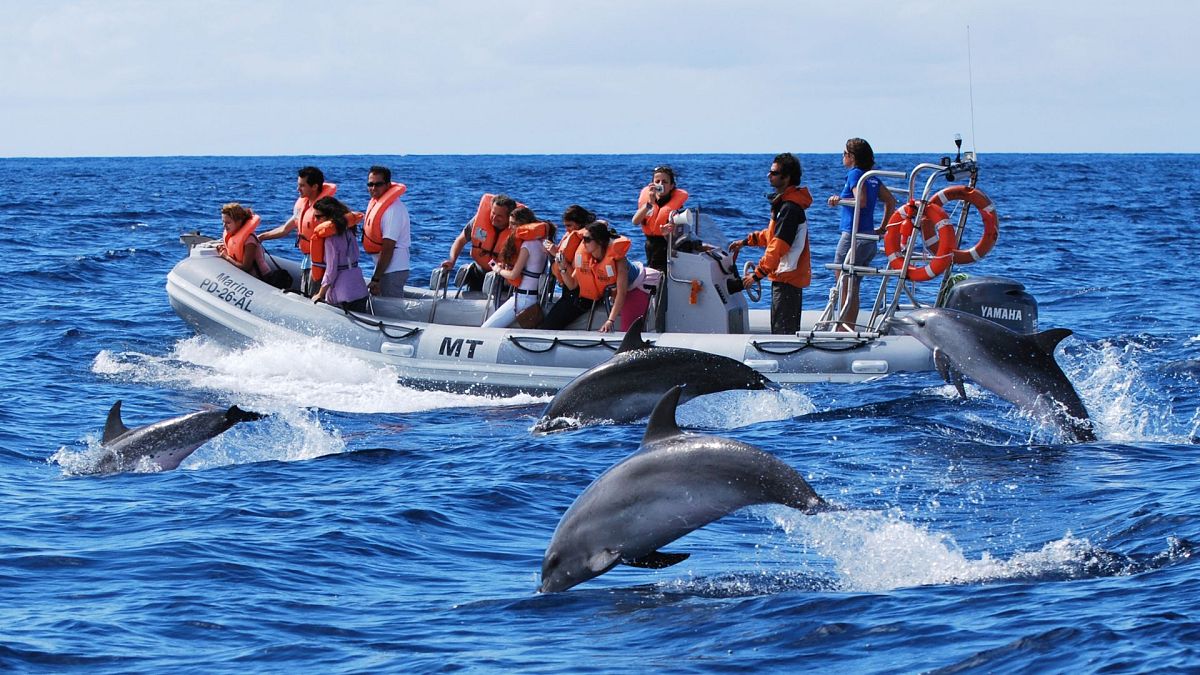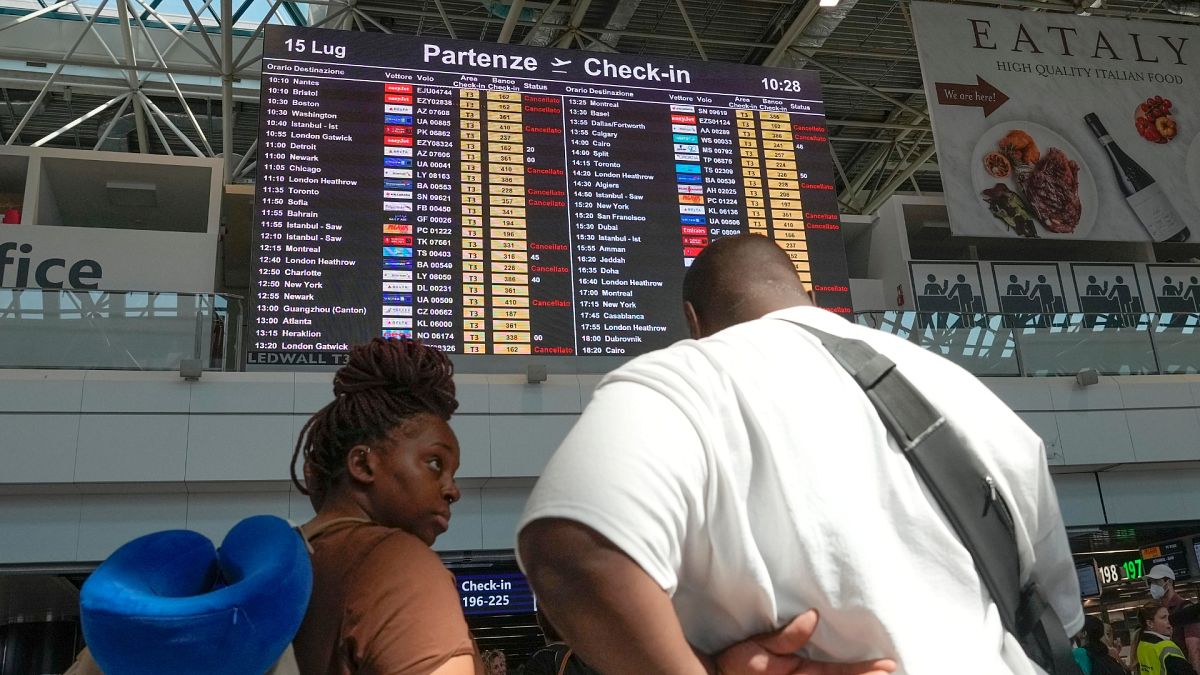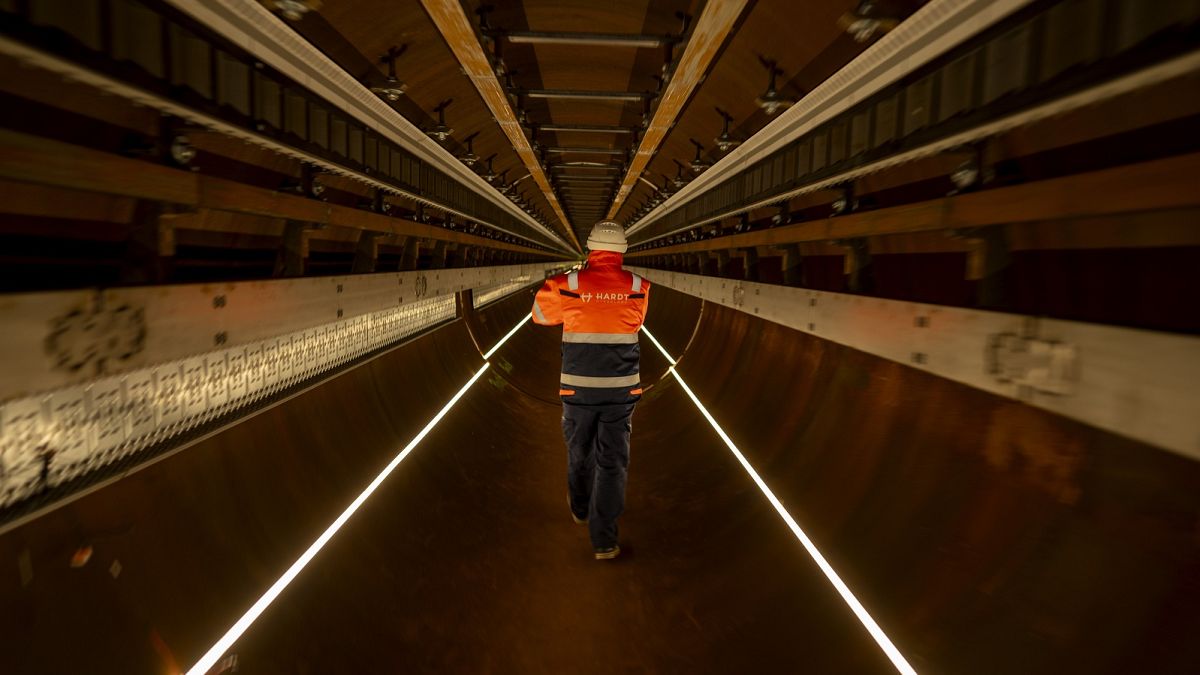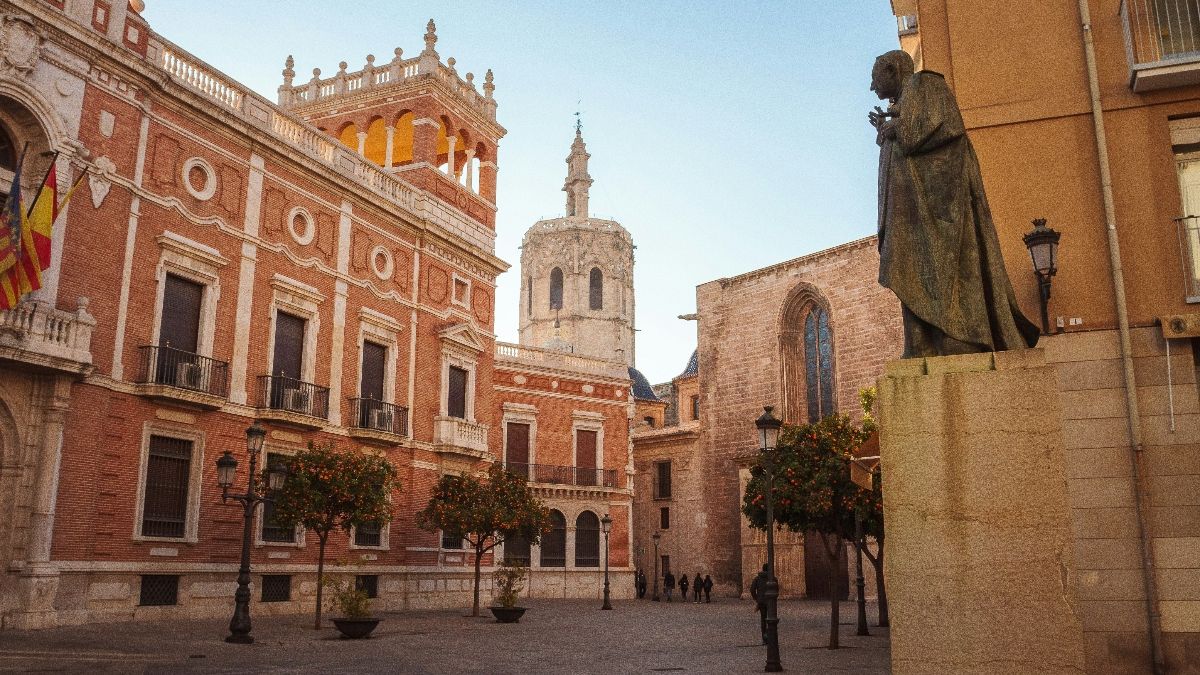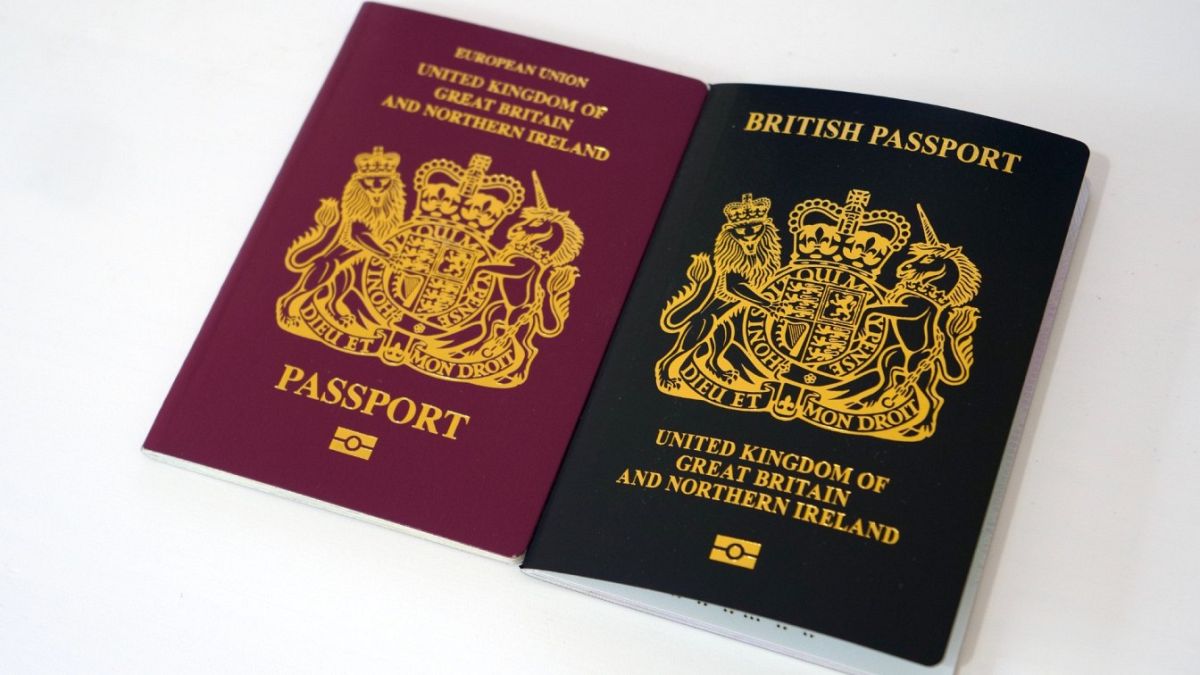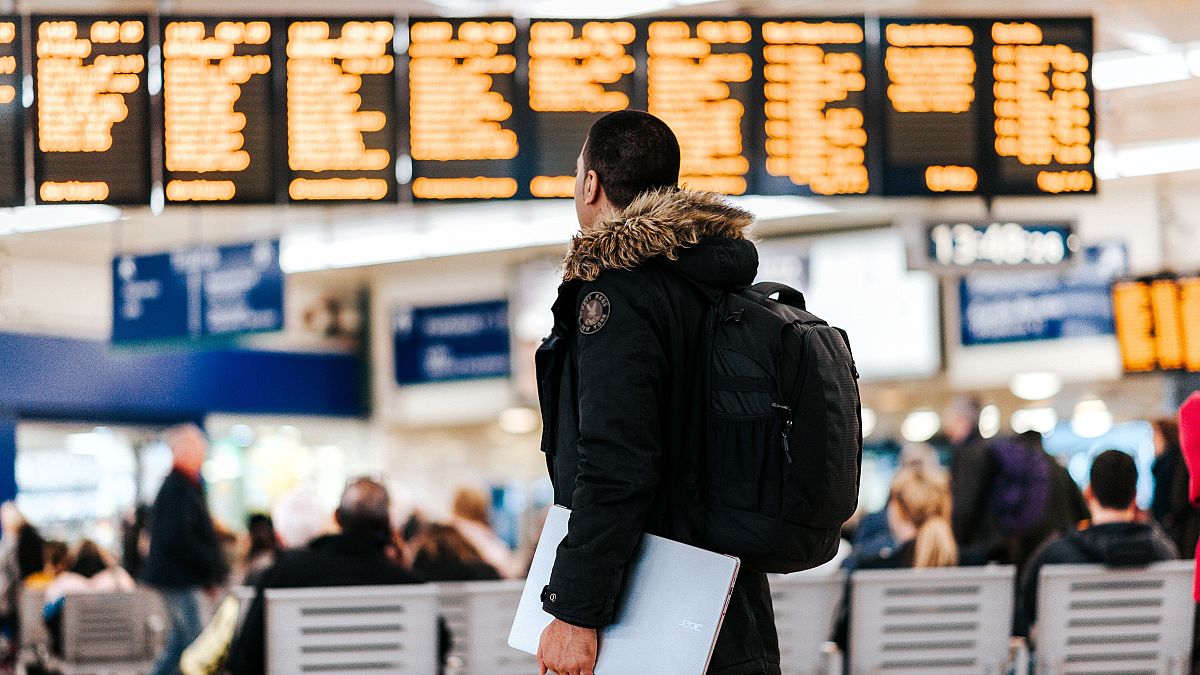Food miles: This airline uses 80% fresh homegrown ingredients
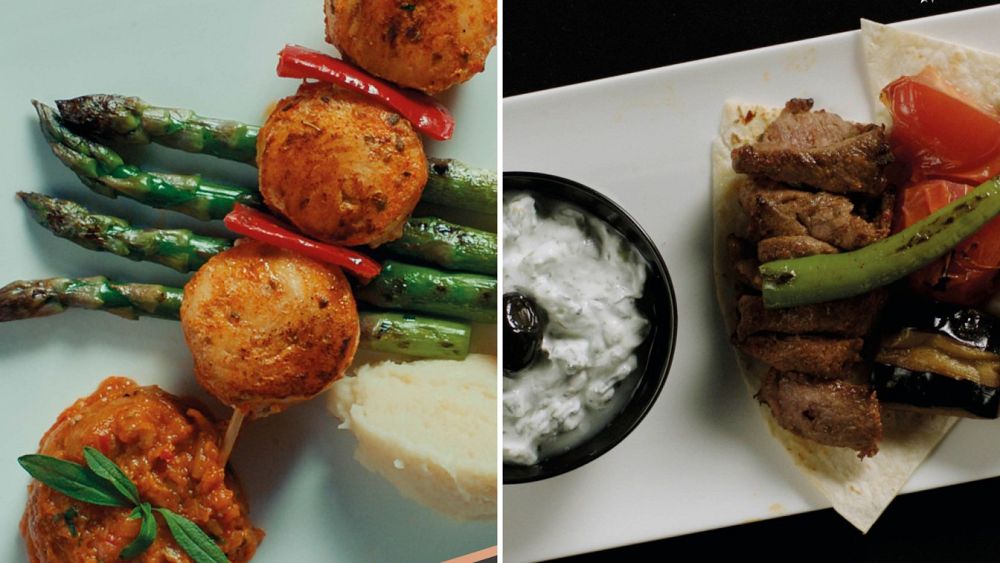
Inflight meals just got a sustainable upgrade on this airline.
Lamb shank, Rize tea and Erzincan honeycomb: this reads more like a menu from a high-end Turkish restaurant than an in-flight meal.
But Turkish Airlines is proving that the sky’s the limit for on-board dining.
Gone are the days of ‘chicken or beef’ as airlines battle it out to win passenger’s hearts – and stomachs.
Turkey’s flag carrier is maintaining its lead after being voted the World’s Best Business Class Catering at the 2022 Skytrax World Airline Awards and winning Europe’s Best Food and Beverage Award from APEX last year.
Here’s why foodies are raving about Turkish Airlines’ latest menus.
What’s on the menu at Turkish Airlines?
Turkish Airlines recently unveiled its latest in-flight menus at an event in Istanbul.
Walking the catwalk, chefs and flight attendants presented the new dishes on a different kind of runway.
Local and seasonal Turkish flavours take the spotlight – with freshness in every bite.
“There are lots of secrets behind our catering,” says Ahmet Bolat, Chairman of the Board and Executive Committee for Turkish Airlines. “First of all, we use 80 per cent fresh products grown in Turkey. Also, we utilise highly qualified chefs… The food is prepared locally and fresh every day.”
This approach applies to every class from economy to business. It shines through in everything from homemade mezzelune pasta to hand-minced Adana kebab and desserts served with luscious Afyon kaymak cream.
Business class passengers can wash down their meal with alcohol-free cocktails and detox drinks to ensure they land feeling refreshed.
Sustainable in-flight dining
Using local ingredients also means supporting local farmers – something Turkish Airlines’ Flying Chef Trainer, Emre Gecgel, says is integral to the quality and taste of the dishes.
It also feeds into the airline’s sustainable approach to dining.
“We know going green and ending food waste will not happen overnight but we are using reusable materials such as porcelain and stainless steel in our services,” says Emre.
“Every item that we introduce to our guests, whether it’s material or ingredient, we are trying to use recycled and/or renewable sourced items.”
This is a big step towards combating the almost 7 million tonnes of cabin waste generated by airlines each year, according to IATA figures. Upping the appeal of on-board meals will also help combat the annual 1.14 million tonnes of food waste generated from inflight catering globally.
Source: Euro News



